Should you buy a used electric car? 5 things you need to know
Buying used can save you money, but there are things to look out for
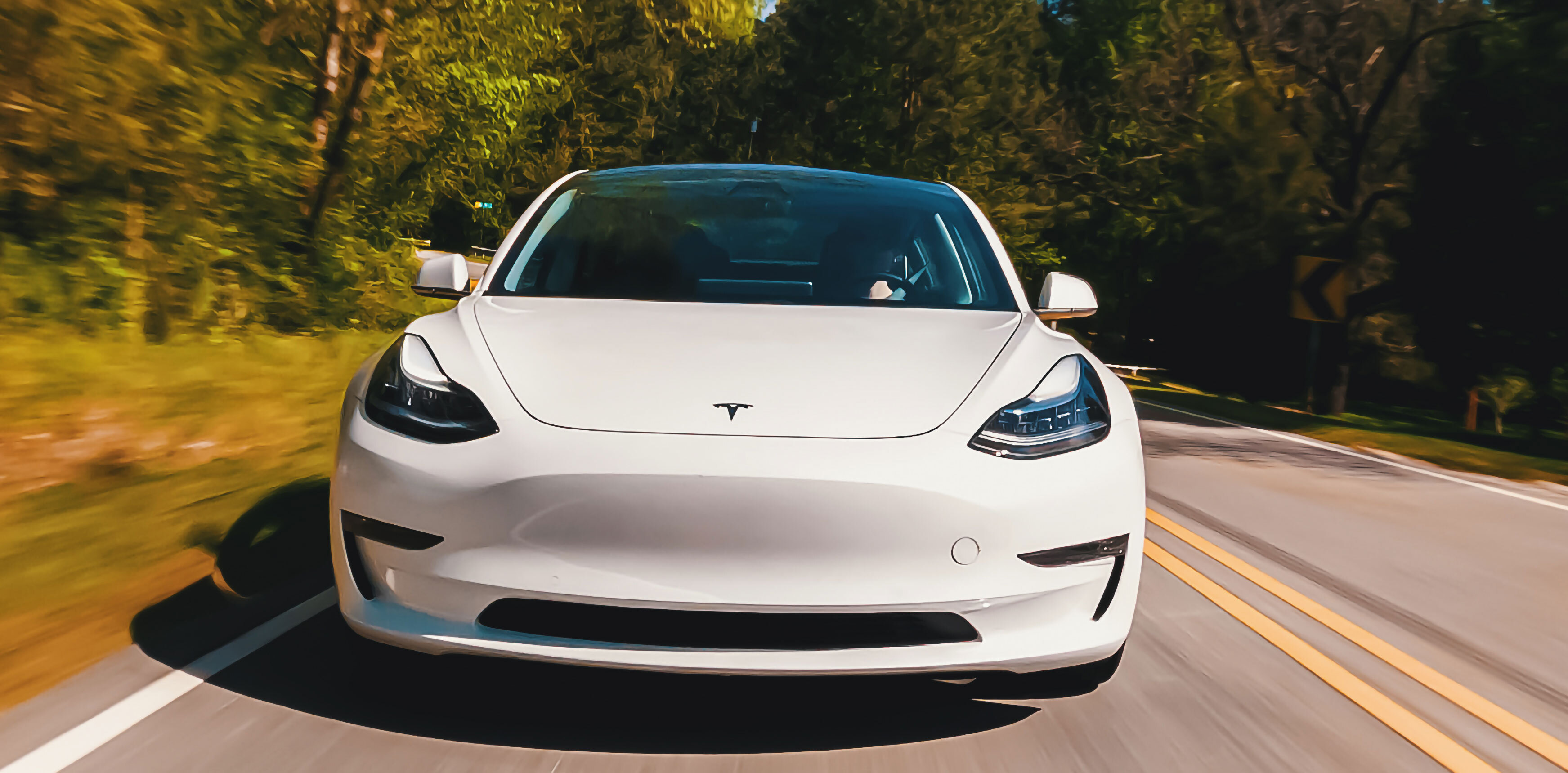
When you’re heading out to buy a new car, you always have to ask yourself whether you want to buy one that’s used or brand new. That’s still true if you’re thinking about picking up an electric car.
But, as similar as electric cars are to their gas-powered cousins, they’re not exactly the same. And when you’re buying a used car it always pays to know what you’re looking for.
- Here are the best electric cars you can drive right now
- 9 essential tips for buying an electric car
- Plus: Tesla Autopilot crash is a reminder that your car still can’t drive itself
When I was looking at cars earlier this year, my dad left me with this pearl of wisdom: “Why would you want to buy a car someone else doesn’t want anymore?”
My dad’s vendetta aside, the used car market is huge for the simple reason that used cars are cheaper, and have become much more reliable so that the risk of purchasing a money pit is a lot less.
The cost of new EVs is still much higher than that of traditional cars, so those who want a more environmentally friendly ride but who want to save some cash will naturally look to buying a used EV. But before you purchase a preowned electric ride, there are a few things you should consider.
According to Cox Automotive the average price of a used EV in the U.S. is $25,500. While that is still a lot of money to spend in one go, that’s still $1,900 less than the cheapest EV currently on sale in the United States — the $27,400 Nissan Leaf 2022.
In other words you could save yourself quite a bit of money by buying used. And to make it more enticing, you can usually drive away with your new car right away — rather than wait for it to be built to order.
But, before you purchase a used EV, here are a few things you need to consider.
Battery degradation might be a problem
Why you can trust Tom's Guide
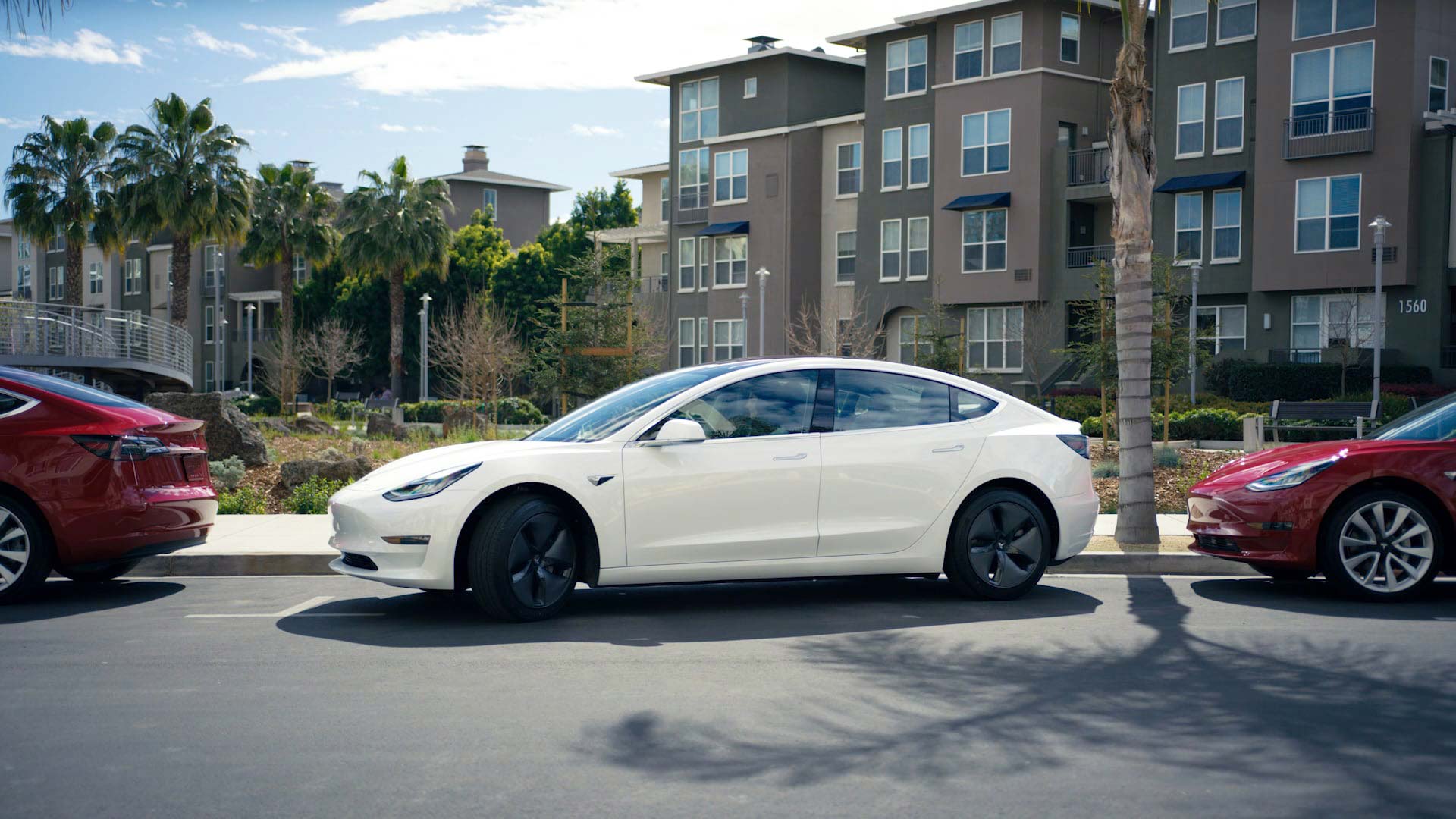
The main issue about buying a used EV is that lithium ion batteries tend to degrade over time. That’s true of all batteries, from EVs to smartphones. The more a battery has degraded, the less charge it can hold, and that means your range is affected as a result.
How much a battery degrades differs based on a number of factors. Faster charging speeds tend to cause a much higher rate of degradation, as does operating at high temperatures, overcharging, and fully discharging the battery. All of which are factors you can’t really see, just by looking at the car.
Fortunately electric cars keep tabs on their battery health, so you can see how much degradation has occurred before you buy.
The Nissan Leaf, for example, has a dedicated screen specifically for showing how much the battery has degraded. Owners on the Leaf forums also recommend using apps like LeafSpy, which can give you access to information and stats on the car normally only available via a dealership or service center computer.
However, it’s worth pointing out that not all EV batteries are the same, and some companies are better than others. Tesla, for example, claims that its batteries still have more than 90% of their full capacity after driving 200,000 miles. In other words, the Tesla you’ve been eyeing isn’t likely to have the same range and battery degradation issues as one of its competitors.
Your choices are more limited
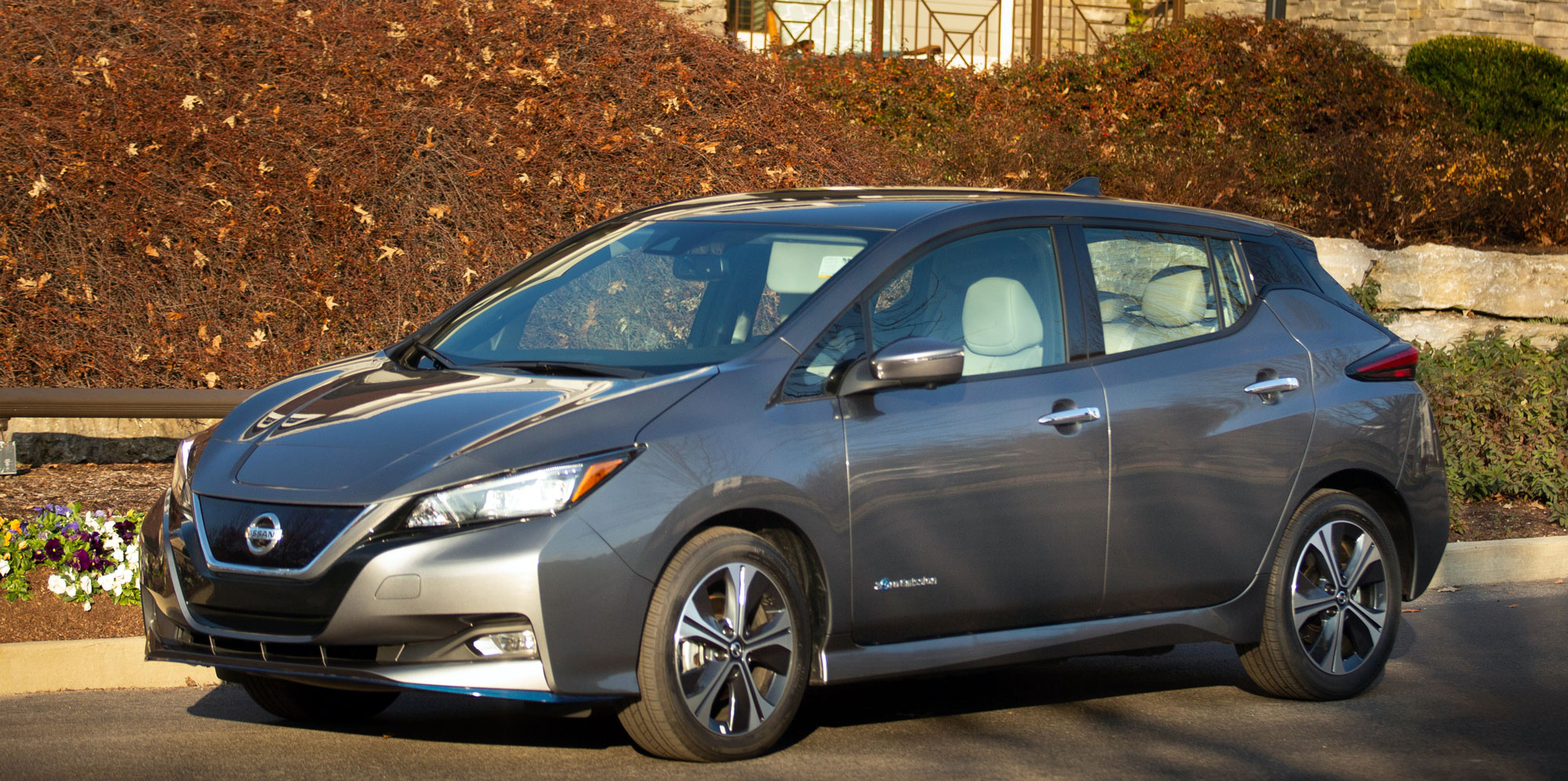
Last year electric cars only accounted for 2.2% of the automotive market share in the United States, and it’s estimated that there are 1.8 million EVs on American roads right now. Significantly less than 289.5 million registered vehicles on the roads, it means EVs really aren’t that popular. Not in the U.S. at any rate.
Naturally that has an impact on the availability of used cars. Fewer electric cars on the roads means there are fewer cars available to enter the used market once the owner swaps it for something new. So you’re going to be seriously limited in what you can buy, compared to buying a used gasoline car.
Cox Automotive has noted that demand for EVs has also started to outpace supply, which is why the average cost of a used EV has risen from $20,000 to $25,500 since last July. To be fair, this is also an issue faced by the entire used car market, especially with the global chip shortage limiting the production of new cars.
To top that off, it appears there is huge demand for used Teslas, making them that bit more difficult to get hold of. It’s got to the point where some used Tesla models are actually more expensive than their brand new counterparts. Which doesn’t make a whole lot of sense, but that’s the way it is.
You’ll have to find a place to charge it
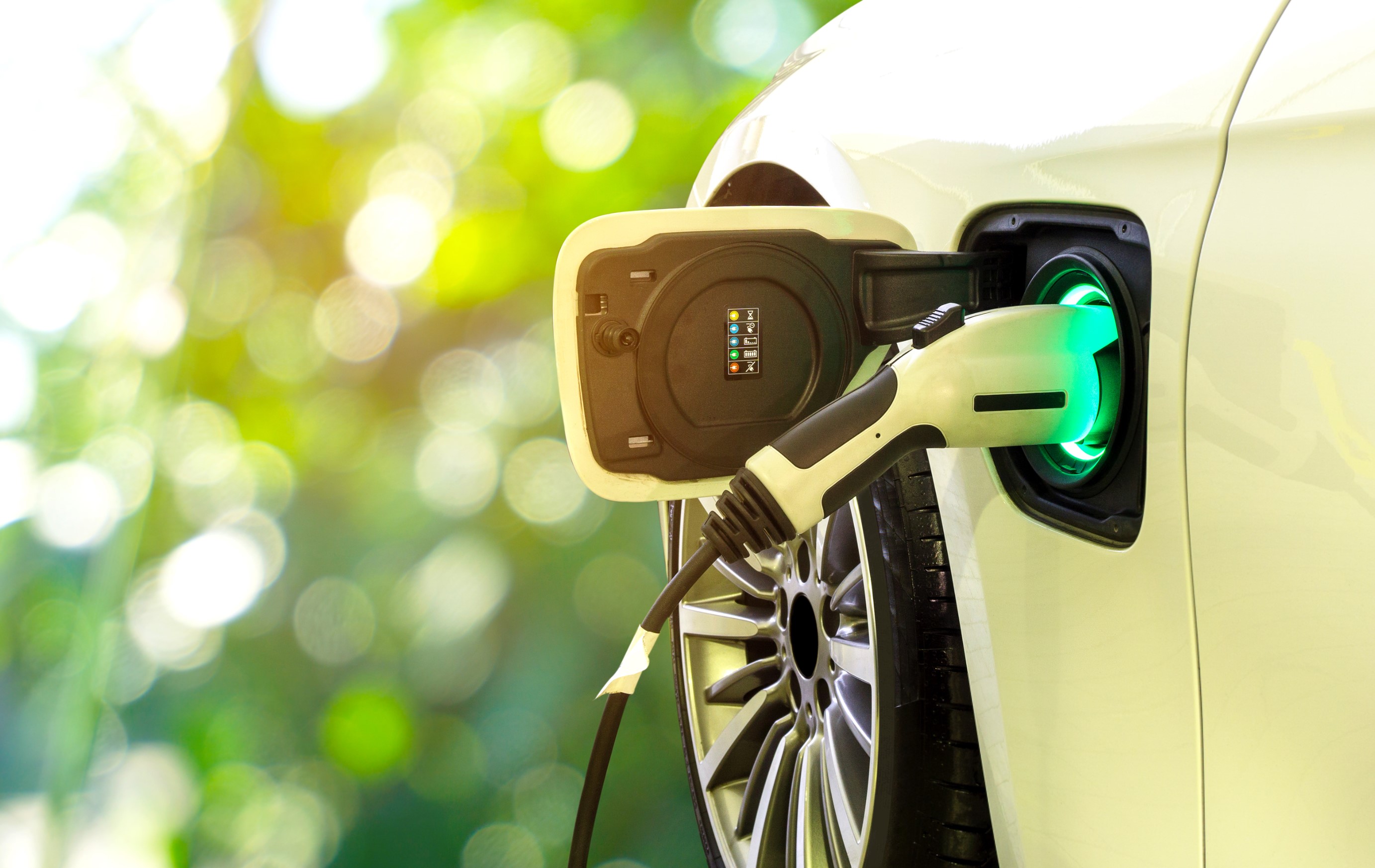
New or used, every electric car needs a way to recharge. And because public chargers aren’t as common, or convenient, as gas stations, your best option is to have a charger installed at home.
You can use public chargers if you live in the right place, or you could plug straight into a wall outlet, but they are never the most convenient options. For one charging from a wall socket requires the right adapter, which can go for a few hundred dollars, and it takes significantly longer to recharge.
How long it takes to charge an electric car depends on the car of course, but even a small 40 kWh Nissan Leaf will take around 15 hours to go from zero to 100% from a 120V outlet.
A level 2 ‘fast’ charger, which offers a minimum of 7kW charging speeds, means you can top up your car in just a few hours. So in most cases you’d be able to plug your car in and leave it to recharge overnight. But the installation does cost money, and according to Fixr the U.S. national average is between $1,000 and $2,500
That said there may well be financial incentives depending on where you live, with local or state governments willing to cover part of the cost of installing a home car charger. So be sure to do your research, and work out exactly how much money you could save on the listing price.
Older cars means older tech
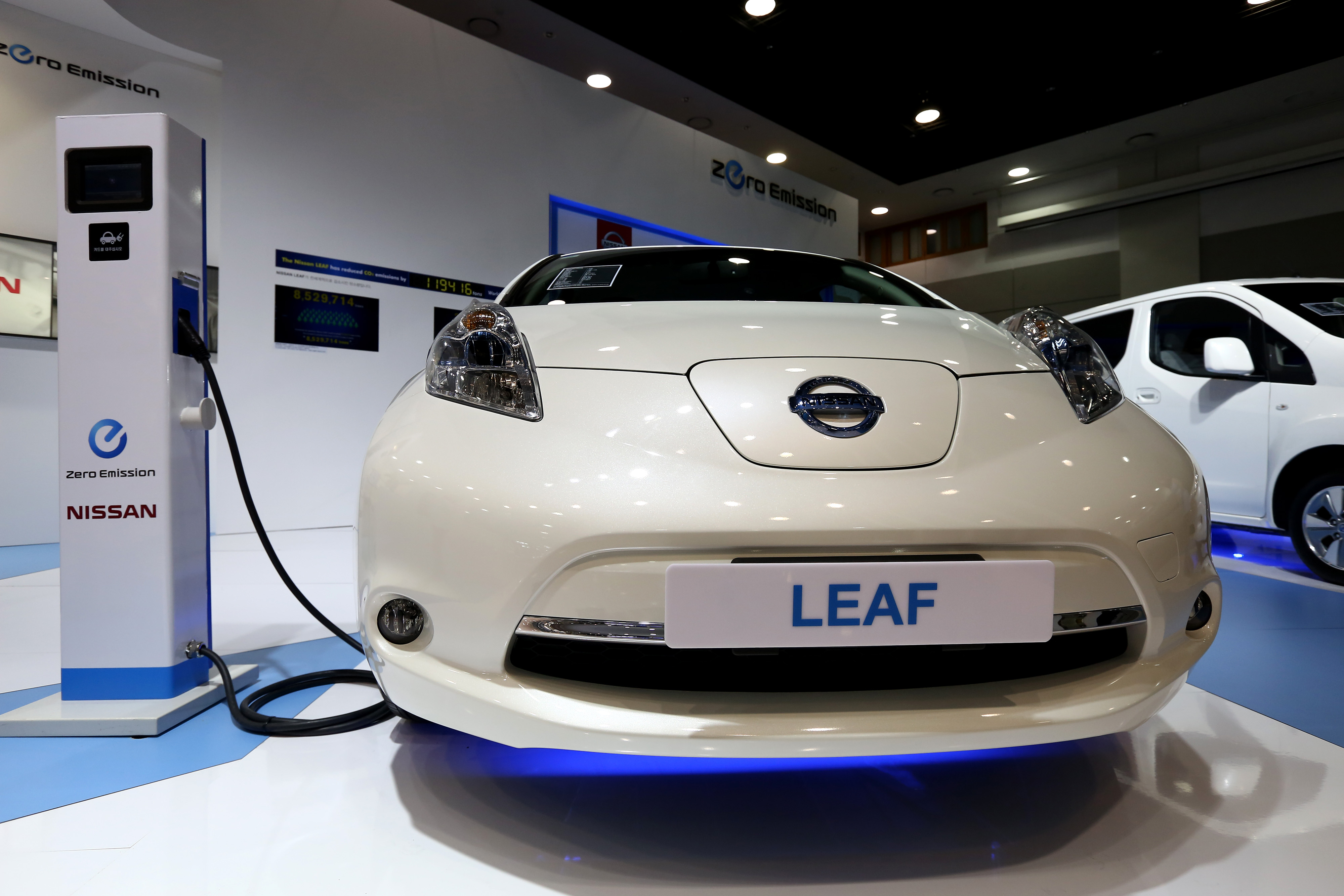
While this point is pretty minor in the grand scheme of things, it is worth mentioning that used cars are, unsurprisingly, older. And since the tech inside them is near impossible to upgrade cost effectively once the car has been built, you’re stuck with that same tech for years to come.
That’s true of any car, but it’s especially notable with EVs. Electric cars are a hotbed of technological innovation, especially where autonomy is concerned. Over the air software updates are possible, and the likes of Tesla and Cadillac can upgrade your car’s software features on the fly, but there’s no changing the hardware.
That means if an automaker hasn’t thought far enough ahead, you’re going to miss out on new innovations as the years go by. Likewise, buying used means you are limited to whatever is on offer. So not only are you limited by what options the original owner decided they needed, you’re also limited by how many people with top-tier features are actually giving up their cars.
Used EVs typically aren’t eligible for incentives
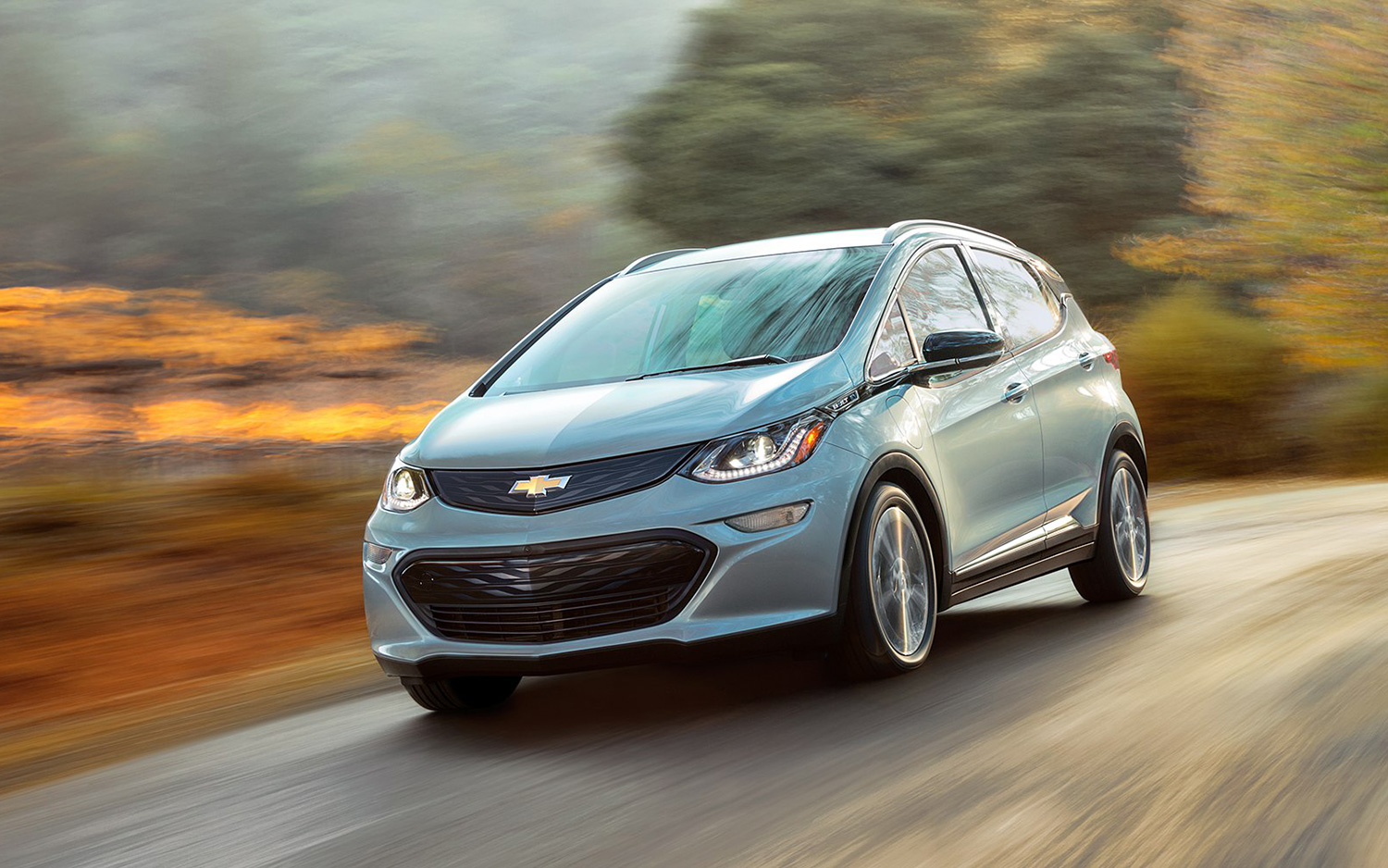
Various governments and local authorities offer incentives to encourage people to buy electric cars. However the majority of these incentives, including the $7,500 U.S. federal tax credit, only apply to new electric cars.
That may change in the future, and there may be some other incentives depending on where you live. The Affordable EVs for Working Families Act has proposed a $2,500 federal tax credit on eligible used EVs, and the California Clean Vehicle Assistance Program will offer up to $5,000 off the price of an eligible used EV.
In many cases the amount you see on a used EV listing is the amount you’ll pay. But it’s still worth checking if your state or city government offers any financial incentives on used EV purchases before you buy.
Bottom Line
Much like buying any used car, there are a lot of pros and cons involved with buying a used EV. You will save money, but obviously you’re not going to get a car that’s in absolute perfect shape when you drive it away from the dealership.
Just be aware that electric cars are different, and there are certain things you need to check to make sure you’re not getting messed about by a dodgy dealership. And if you're still unsure about switching to electric in general, be sure to check out our essential tips on how to buy an EV.
- More: Electric car charging stations near me: Where can you charge your EV?
- Nissan Leaf vs. Mini Electric: Which is the best EV under $30,000?
- These are the 8 cheapest electric cars you can buy right now
Sign up to get the BEST of Tom's Guide direct to your inbox.
Get instant access to breaking news, the hottest reviews, great deals and helpful tips.

Tom is the Tom's Guide's UK Phones Editor, tackling the latest smartphone news and vocally expressing his opinions about upcoming features or changes. It's long way from his days as editor of Gizmodo UK, when pretty much everything was on the table. He’s usually found trying to squeeze another giant Lego set onto the shelf, draining very large cups of coffee, or complaining about how terrible his Smart TV is.
